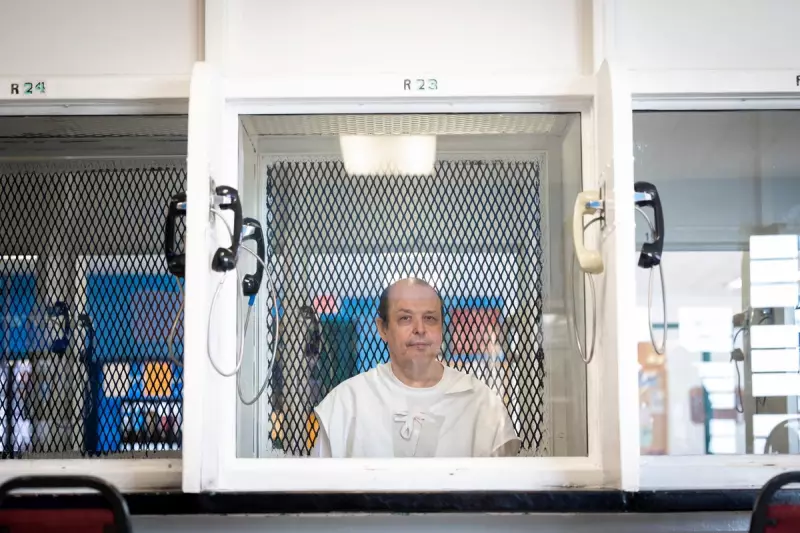
In a stunning legal manoeuvre that's sent shockwaves through literary and political circles, Republican officials in Texas have initiated legal proceedings against six acclaimed authors, including international bestselling novelist John Grisham.
The Legal Battle Over Reproductive Rights
The controversy centres around the authors' support for organisations providing emergency contraception and abortion services in the state. Texas Attorney General Ken Paxton, alongside other conservative leaders, alleges these actions violate state laws restricting abortion access.
This unprecedented case represents a significant escalation in America's ongoing culture wars, directly targeting high-profile cultural figures for their political stances.
Who's Being Targeted?
The lawsuit names an impressive roster of literary talent alongside Grisham, including:
- Emily Henry, celebrated romance novelist
- Jodi Picoult, renowned for her thought-provoking family dramas
- Other prominent writers known for their advocacy work
These authors have publicly supported reproductive rights organisations through donations and public statements, making them unexpected targets in a legal battle typically reserved for healthcare providers.
The Political Backdrop
Texas Governor Greg Abbott has maintained a hardline stance on reproductive issues, with the state implementing some of America's most restrictive abortion laws. This legal action against authors signals a new front in the conservative campaign, moving beyond healthcare providers to include cultural influencers.
Legal experts are questioning the viability of this case, noting the potential First Amendment implications of targeting individuals for their political beliefs and charitable contributions.
Free Speech Concerns Emerge
Civil liberties organisations have expressed alarm at the lawsuit's implications for free speech. Targeting authors for their political views sets a dangerous precedent that could have chilling effects on artistic expression and political advocacy nationwide.
The case raises fundamental questions about where the line should be drawn between personal political activity and alleged conspiracy to violate state laws.
What Happens Next?
As the legal proceedings develop, the literary world watches with bated breath. The outcome could redefine the boundaries of political expression for artists and public figures across the United States.
This case represents more than just another chapter in America's abortion debate—it's becoming a landmark battle over free speech, artistic freedom, and the growing politicisation of cultural figures in partisan conflicts.






